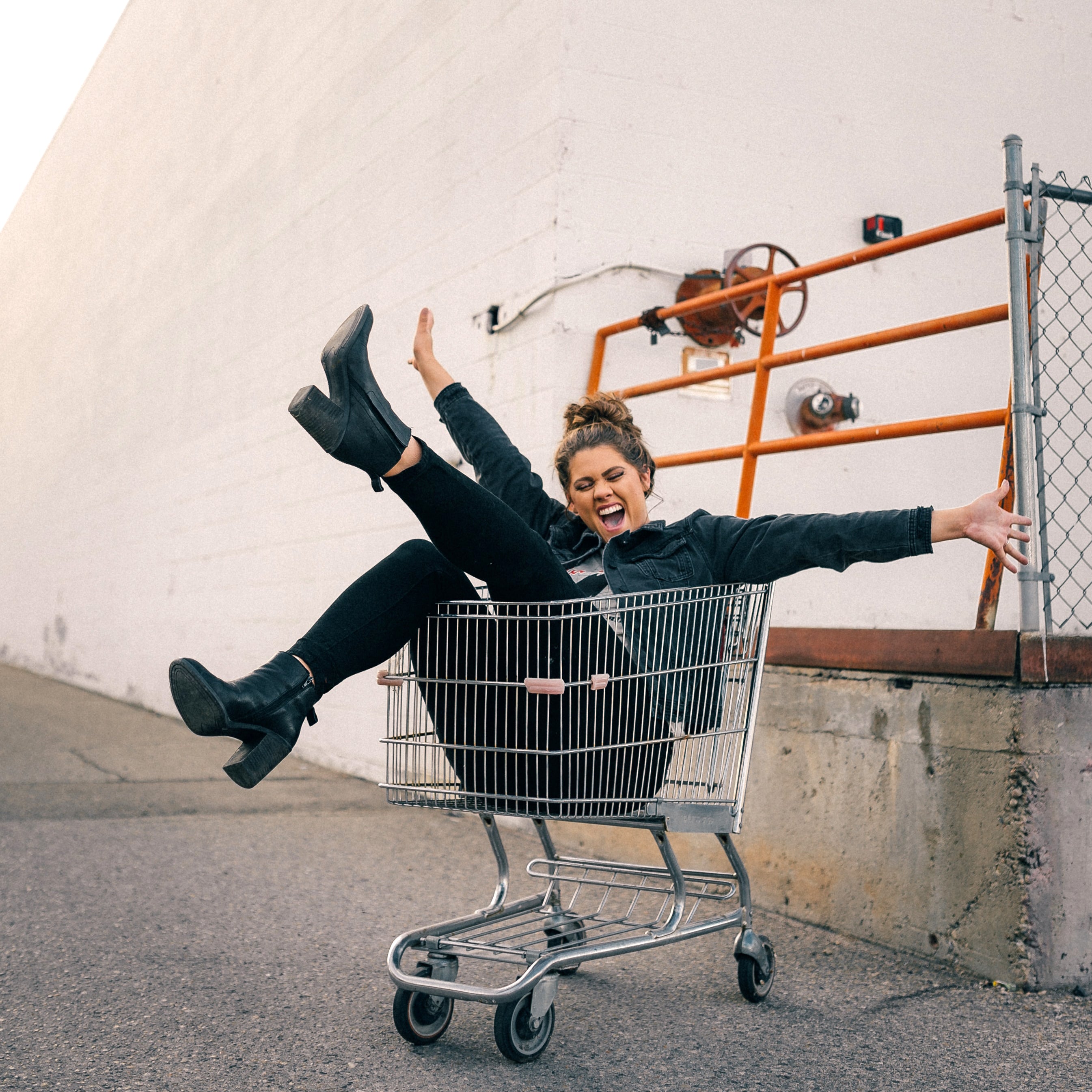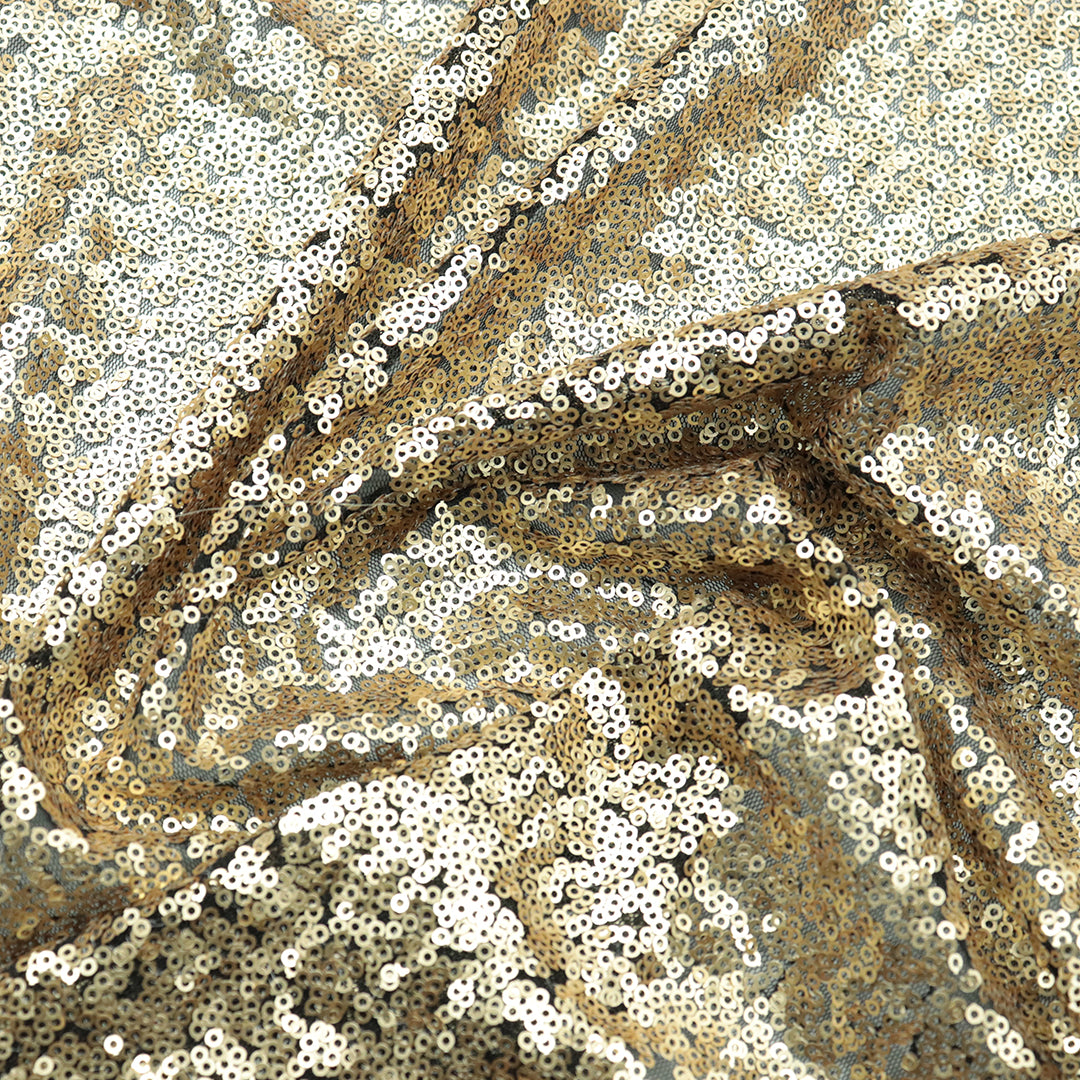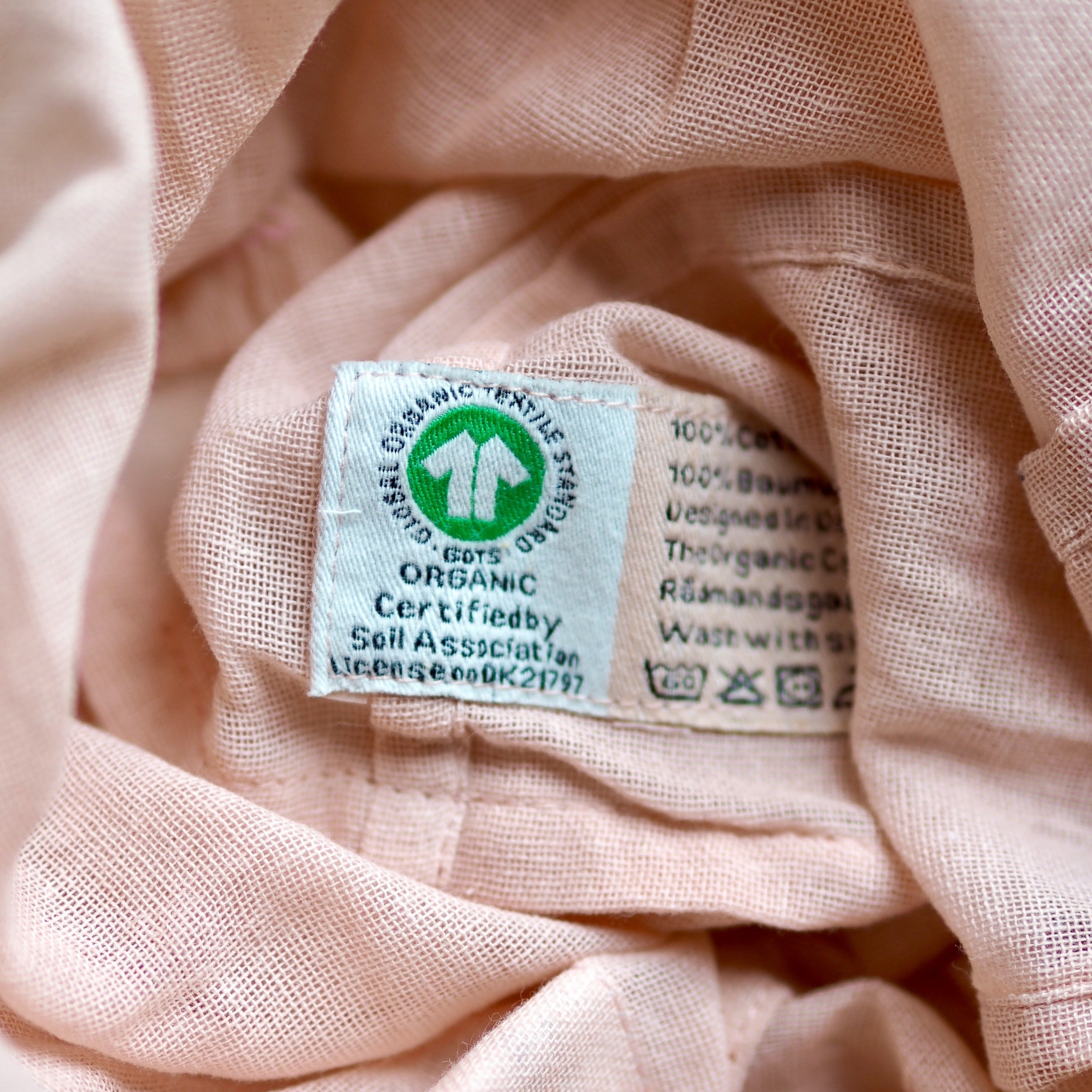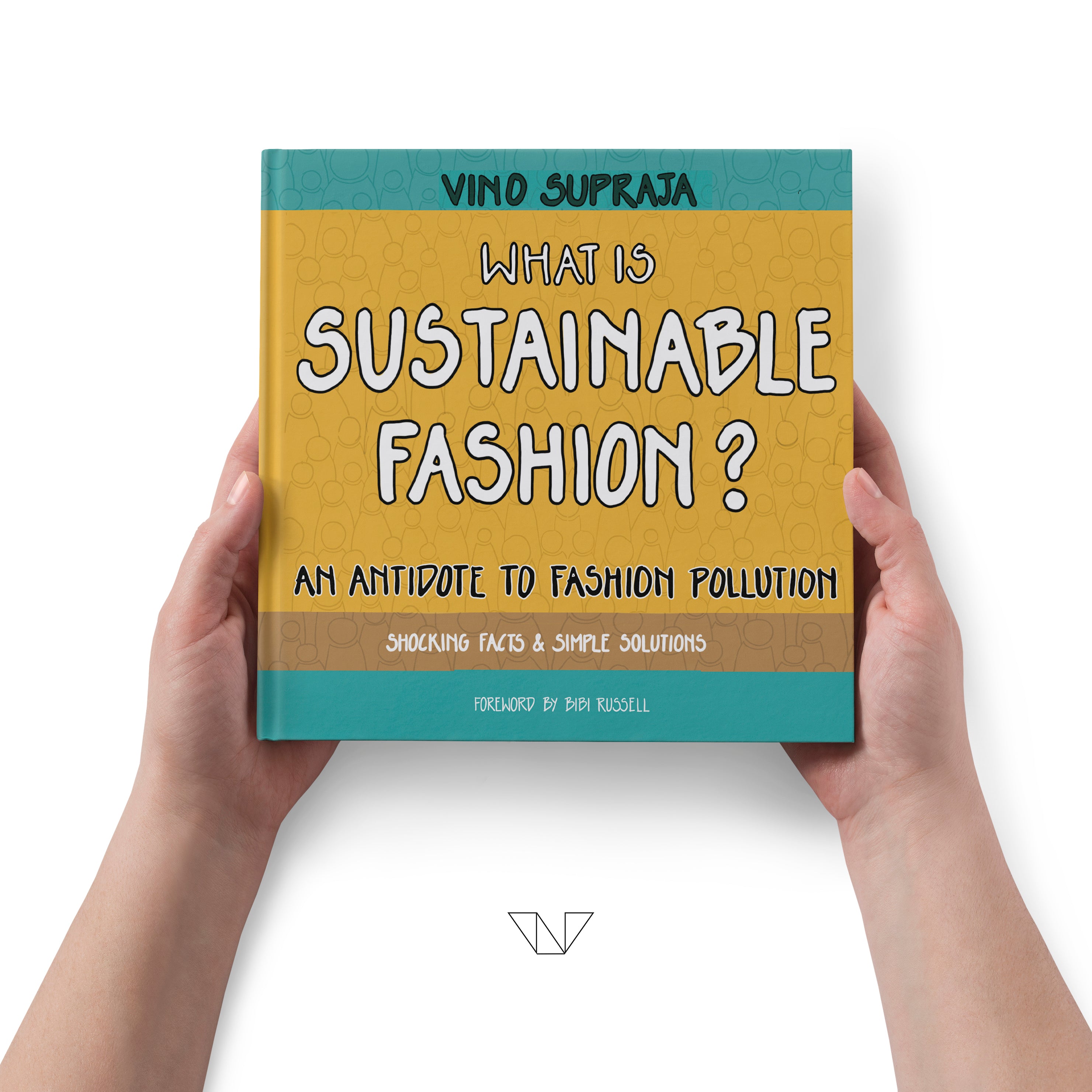The True Cost of Retail Therapy

The term ‘retail therapy’ was first coined in 1986 when a Chicago newspaper wrote: ‘We've become a nation measuring out our lives in shopping bags and nursing our psychic ills through retail therapy’.

The statement is still true today, perhaps truer than ever now that online shopping puts buying at our fingertips. Many of us do indeed turn to spending as a form of therapy and sellers know this. Retailers love to monopolise on the fact and have worked to transform the act of shopping into an entire experience. Around the world we have huge malls and shops with enticing window displays. Even the shop floors and interiors are curated to create a certain mood and welcoming environment, with friendly staff whose main goal is to ensure we make a purchase.
Brands are clever about their slogans too, with many well-known phrases based on how products will benefit us in an emotional way, for example, ‘Because you’re worth it’ – Loreal, ‘Open happiness’ – Coca-Cola.

All of these techniques are carefully crafted to encourage us to part with our money. The question is, is indulging in retail therapy really worth it?
The Happiness Report
Often when we shop, we are hoping that doing so will cheer us up or make us feel better, but any positive effects on our mood are usually temporary. The Happiness Report featuring recent data from, 12,000 consumers around the world revealed some interesting psychology related to our spending habits.
96% of Indian respondents of the survey and 89% of global respondents admitted that they attempted to find happiness in online shopping during the pandemic, but 16% of Indian respondents and 12% of global respondents struggled to remember what their online purchases actually were. These findings indicate how our emotions can sometimes drive us to make purchases that we don’t really need. Forgettable purchases in fact. Not only does this mean we have wasted our own time and hard-earned cash, but it also contributes to a waste of the earth’s resources.
What are the risks of retail therapy?
Retail therapy tends to be a ‘quick fix’ that people turn to after a bad day. The experience of shopping can indeed bring a moment of happiness or excitement, but that moment can be very fleeting. Being a responsible consumer and shopping with thought is more likely to benefit our mental health in the long term and it will certainly benefit the planet. Here are some reasons to think twice before heading out on a spending spree:
- When we turn to retail therapy, we may be more likely to make large purchases or spend beyond our means, creating stress associated with debt and financial strain.
- Impulse buys and regrettable purchases are more likely to happen during a retail therapy shopping spree.
- Compulsive shopping may become a habit more likely to develop – i.e., finding yourself unable to say no to a purchase or feeling the need to purchase more and more items.
- When we shop for the sake of shopping, we’re more likely to be attracted to lower cost fast fashion brands or mass-produced items. Doing so allows us to buy more for our money, but such items compromise on quality and their production is not eco-friendly.
- Demand creates supply, and when we impulse buy, we create the impression of there being a demand for things we may not really need or want. This is in turn increases manufacturing and puts a further strain on the earth’s resources.
Mood boosters that are free of charge

There are plenty of much healthier, greener ways to give your mental health a boost without hurting your pocket or the planet. Why not try some of these ideas next time you’re feeling low:
- Get outdoors - nature can boost happiness, reduce stress and even improve focus.
- Spend time with others – humans are social creatures and spending time with a friend or relative when we’re feeling low can really help.
- Exercise – it’s no secret that exercise can increase happy hormones (endorphins) and improve physical health and self-confidence.
- Listen to music – for many of us, music is a great way to switch off from other distractions in life and can help to bring us out of a mental rut.
- Make time for art – whether it’s painting, crafting, photography, sewing or something else, getting creative with whatever you have to hand can be very therapeutic and fulfilling.
- Laugh – it sounds obvious but for an instant fix, watching a comedy, sharing a joke with friends or reminiscing about good times can be a great remedy.
If the mall is your happy place and you still feel compelled to splash the cash, it’s worth noting that a 2011 study about retail therapy showed that the idea of purchasing an item versus actually buying it can improve your mood in the same way. Proof that retail therapy is not only about the purchase itself but also about the experience. So why not try window shopping instead and save your money – you’ll thank us later!
Have you made any regrettable impulse buys? Do you turn to retail therapy when you’re feeling low? We’d love to hear about your experiences.
You can get in touch with us any time on social media or by email. Follow us on Facebook and Instagram to stay up to date with the latest in sustainable fashion and ethical fashion from Vino Supraja.



